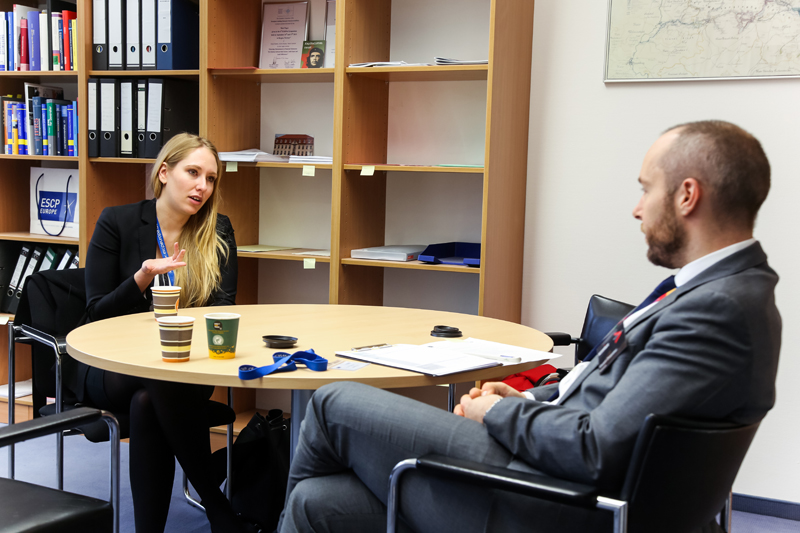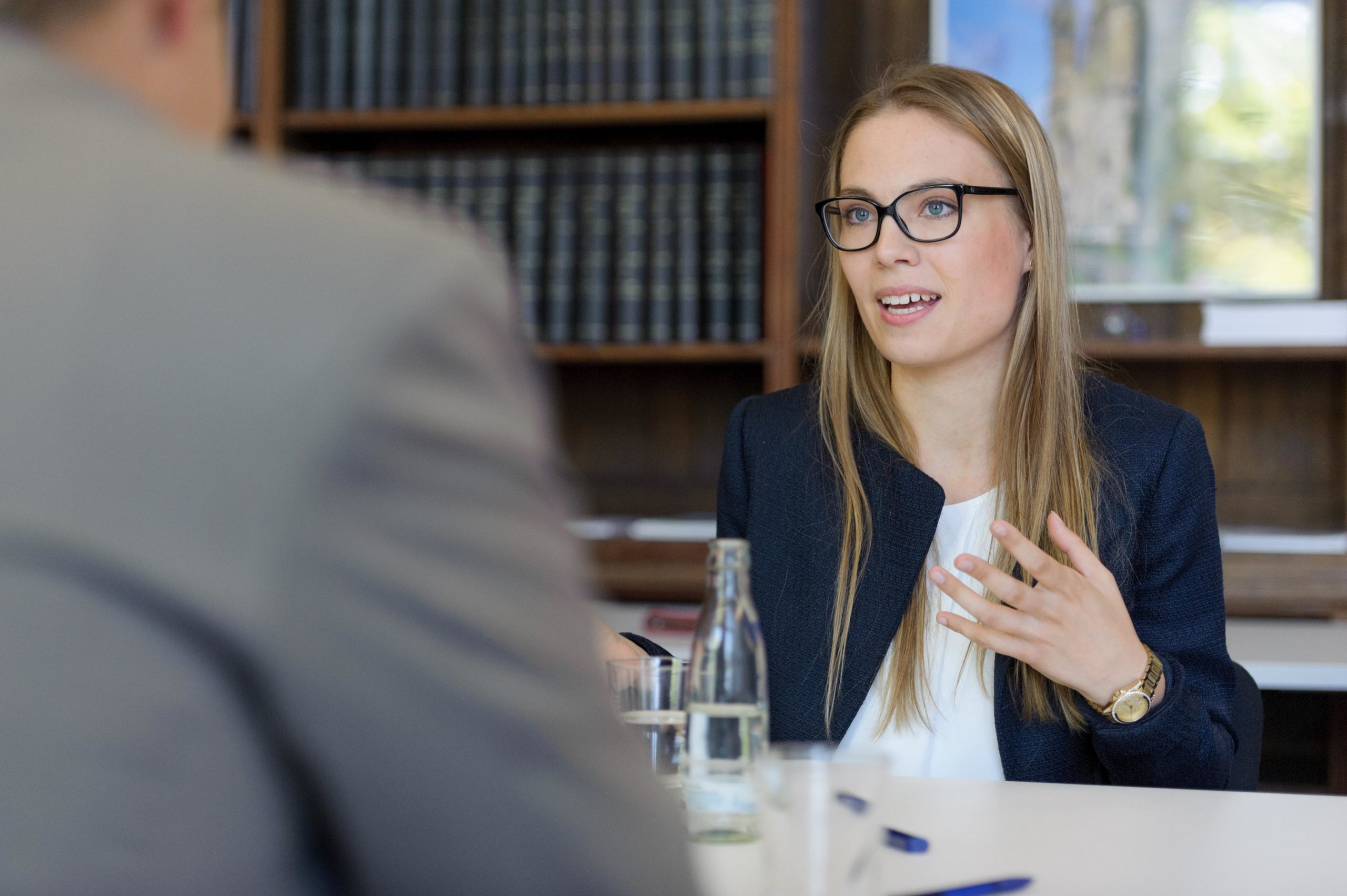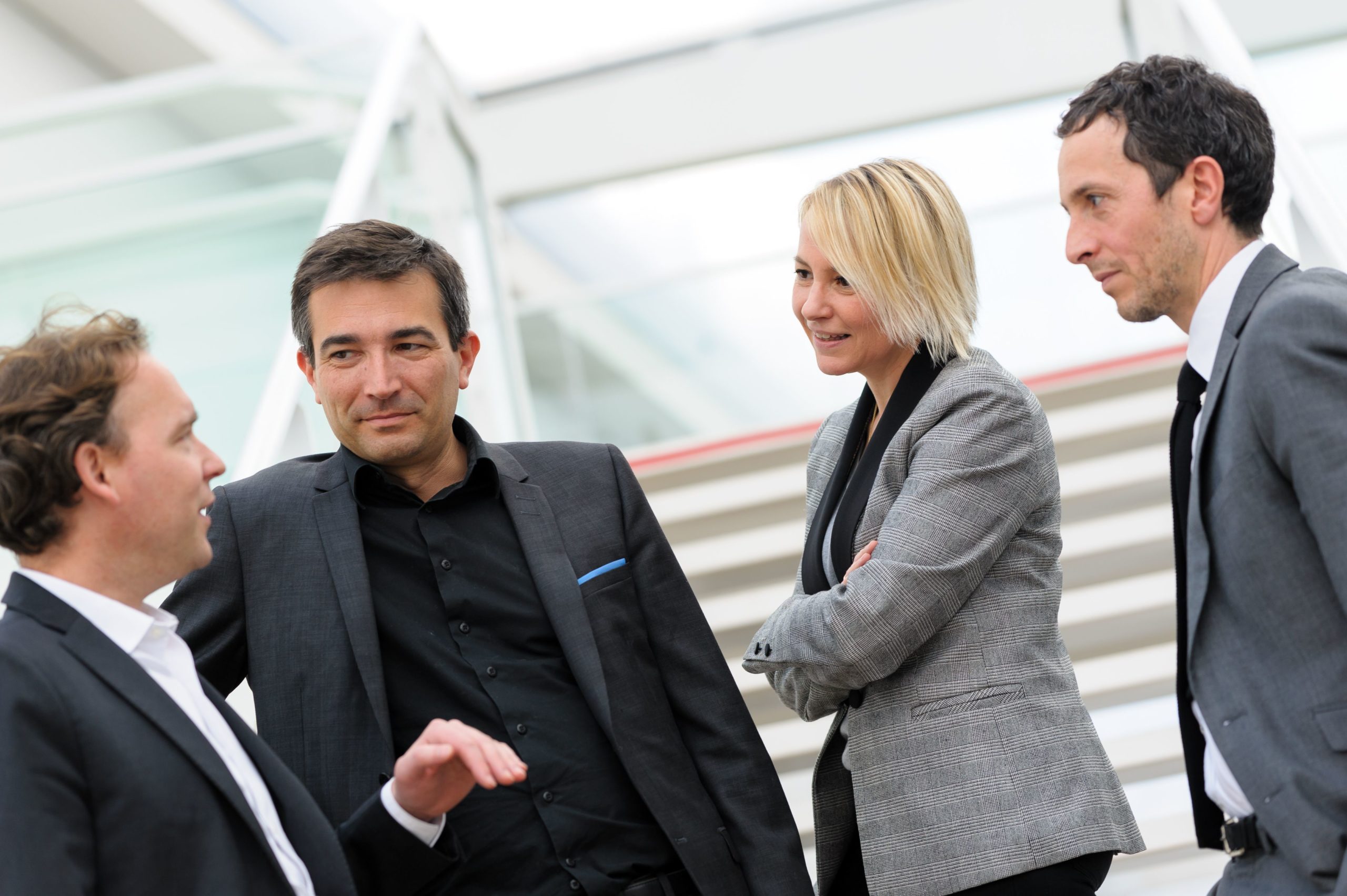Interview
Interviews are a great way to determine if a company is a good fit for you and vice versa. Use these tips as you prepare for these important conversations.
# What is an interview?
An interview is a formal or informal conversation between an employer and a candidate (you). It is a two-way dialogue where both parties ask and answer each other's questions.
Interviews help employers:
- determine your fit for their organization
- assess your ability to complete specific tasks and responsibilities
- clarify any questions about your application materials and person
Interviews help candidates (you):
- discover if the organization is a good fit for you
- clarify any questions about the position or organization
INDUSTRY/COUNTRY SPECIFICS
Each industry and country has their own interview policies and requirements. We strongly encourage you to research and adapt to the industry and/or local interview standards to best communicate your skillset and fit to your interviewers.
You can use this general and Germany-specific information as a starting point, and then research interview standards for specific industry and/or locations.
# Interview Research
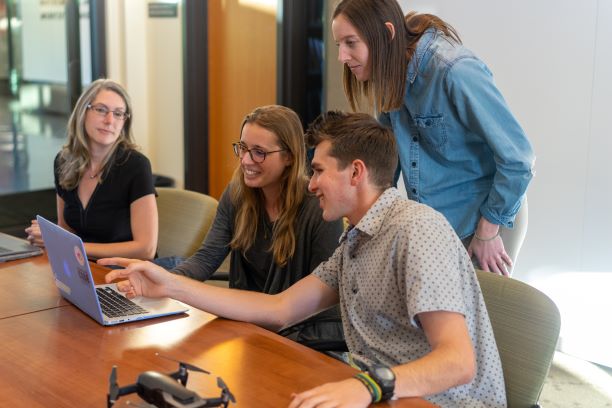
Before holding your first conversation it's very important to prepare well for an interview.
Do your research before the interview to gather as much information about the position and organization as possible. Sample resources include the position description, organization's online presence and your contacts (including ESCP alumni) at the organization.
During your interview you will be asked about yourself/your CV and technical questions related to the specific role, field and/or industry. Get a good sense of the industry, key industry players, relevant tools for this position and the latest news/developments in the industry.
Some interviews, especially in consulting and marketing, may include case studies. Here you will guide the interviewer through your solution for a specific case. There are numerous apps, books and other resources - ask the ESCP libraries and/or career advisors for guidance. Practice your answers with a friend or other contacts.
Gather any resources you need for the interview. This includes technology (e.g. video conferencing software), transportation, appropriate clothing (generally business formal) and time off from courses/work (if applicable).
# Interview Structure
- Interviews usually start with everyone introducing themselves.
- The next part is usually biographical / CV-based. Here, you discuss your previous experiences and relevant skills.
- This is usually followed by the technical/expertise-related part. Here, you highlight your knowledge of the field, role and industry. The employers may share insights into the position.
- Then you have the opportunity to ask your questions.
- The interview ends with the employer sharing next steps, including their timeline and communication channels.
- We highly encourage you to send a thank you email to your interviewer within 24 hours of your interview. This adds a positive note to your application and allows you to expand on any points from the interview.

These structures generally apply for different types of interviews. Here are common types of interviews:
# Interview Questions
During an interview you may be asked several different types of questions. Interview questions may depend on the type of organization, industry, position, location and even the interviewer's personal preferences.
We encourage you to research typical interview questions for the position and organization, and to prepare for as many questions as possible. This will allow you to best present yourself to an organization.
Here is an overview of general interview questions:
# Interview Answers
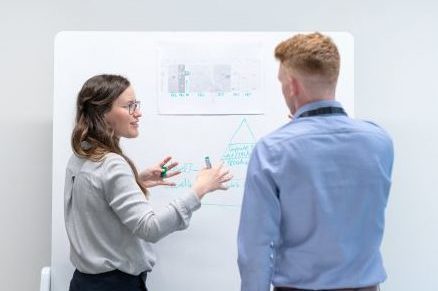
You should prepare 2-3 answers for each common interview question. That way you have plenty of responses or examples if you already share your top answer in another interview question.
During an interview you may be asked to share a story or an example. This is common for behavioral or technical question.
One common structure for your story is the STAR Model:
Situation: What was the context for your story or example?
Task: Which responsibilities did you take on?
Action: Which steps did you take to complete the task? Which role did you take on in a team (if applicable)?
Results: What was the outcome of your actions?
Once you've identified answers to common interview questions practice them with your friends, classmates and/or by yourself. The more you practice, the more comfortable you will feel in an interview setting.
# Interview Mindset
Interviews can be a stressful experience. Here are some tips to help you feel less nervous.
Practice, practice, practice! Review common interview questions alone or with a friend.
Speak slowly and clearly.
Sit up straight and smile.
Wear business formal clothes that feel comfortable. You could even wear them during your practice sessions to feel more comfortable in them.
Take notes during the interview and refer to them during/after the interview.

# Your Contacts
linking talents

become a


